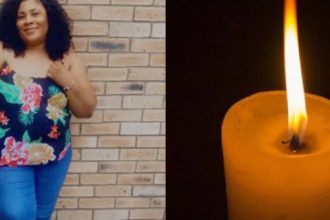The Healthcare Providers Association of Nigeria, Lagos State Chapter, has raised alarm over Nigeria’s failing health insurance system, revealing that over 190 million citizens lack coverage despite two decades of government efforts to achieve universal health coverage.
The concerns were voiced at HCPAN’s Midyear Extraordinary General Meeting and Capacity Building Programme, themed “Appraisal of Health Insurance Coverage in Nigeria: Business Opportunity for Healthcare Providers.”
The event brought together public and private health sector stakeholders to address coverage gaps and propose solutions.
According to Vanguard, Lagos HCPAN Chairman Pharm. Abiola Paul-Ozieh described the situation as a national disgrace, stating: “It is both disheartening and unacceptable that after over twenty years of health insurance in Nigeria, more than 90 percent of our population remains uncovered. We cannot achieve universal health coverage with this level of exclusion.”
She urged the National Health Insurance Authority and governments at all levels to harmonize policies, bridge awareness gaps, and demonstrate stronger implementation leadership.
HCPAN National President Dr. Austin Aipoh criticized the weak enforcement of the NHIA Act mandating compulsory health insurance: “The Act is there, but enforcement is practically non-existent. The result is that families continue to bear the cost of illness alone, which keeps pushing millions into poverty.” While acknowledging NHIA’s recent tariff revisions, Aipoh warned that inflation and economic instability were eroding these gains.
Keynote speaker Dr. Kalada Richard, Registrar of the Institute for Healthcare Finance and Management, called Nigeria’s insurance landscape “a public health tragedy and a wasted economic opportunity,” noting: “We’re a country of over 200 million people, yet only around 20 million are covered… That’s not only a massive financial burden for households; it’s also a lost business opportunity for providers and insurers.”
He recommended tech-driven community insurance models and subsidized schemes for vulnerable groups.
St. Rachael Hospital CMD Dr. Anthony Omolola identified public distrust as a critical barrier: “Many Nigerians still don’t see value for money in health insurance… For health insurance to work, the NHIA must build public trust through transparency, responsiveness, and quality service delivery.”
Participants unanimously called for stronger public-private collaboration, nationwide enrollment campaigns, digital integration, and inclusive policy development to transform health insurance from privilege to sustainable right for all Nigerians. Healthcare providers reaffirmed their commitment to driving this change through improved service delivery and advocacy.







